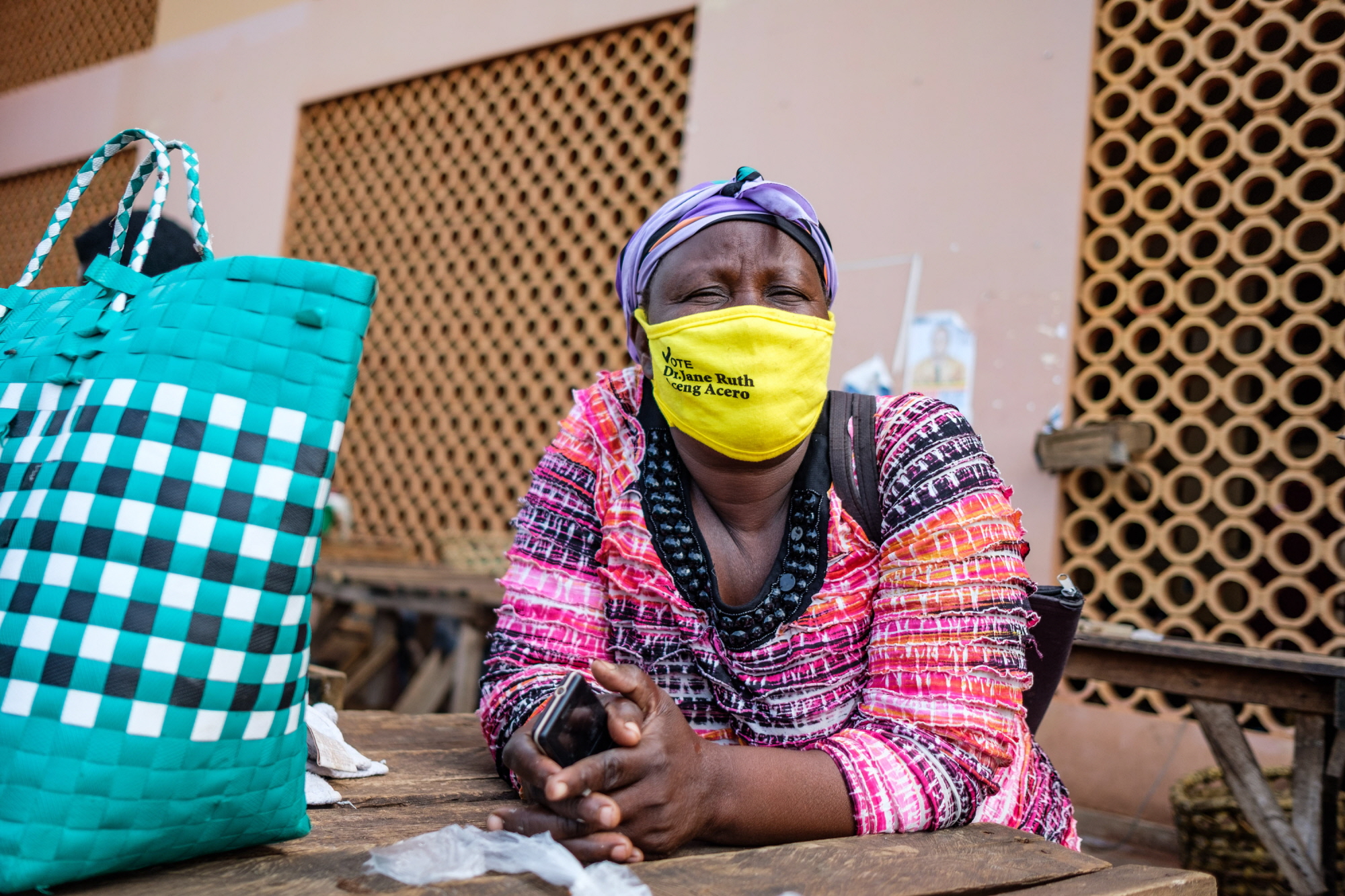AgrInvest in Uganda introduces big data analytics for better impact monitoring

The Uganda Development Bank (UDB), a national public bank, is boosting its agri-food lending portfolio via the joint European Union and FAO AgrInvest project.
In early 2021, AgrInvest began collaborating with Dalberg Data Insights to pilot the use of big data analytics to assess the impact of the Bank’s loans on reducing poverty.
FAO Senior Economist Carlo Bravi said that they looked for some “agile, affordable and near-real time technology to improve the Bank’s monitoring system, and the answer was clearly big data analytics.”
The UDB recently aligned its activities to three national frameworks – the National Development Plan III, Uganda Vision 2040 and the 2030 Sustainable Development Agenda. It currently monitors its success against three high impact goals, namely reducing poverty, developing a sustainable food system and industrializing Uganda.
Big data
Big data is characterized by the four ‘Vs’ – volume, velocity, variety and veracity.
People’s digital footprints generate enormous amounts of data every day, from social media and e-commerce to mobile phones and geo-localization. And that sheer volume of data is growing. The speed at which data are created, stored and processed is up to real time, and the variety of data sets available is increasing. Data veracity refers to the quality and degree of accuracy of the data sets being analyzed.
Big data analytics work by collecting data from these non-traditional sources as well as traditional sources such as satellite imagery, census and statistical surveys to build a picture of increased economic activity in a given area.
Data governance laws determine how this data is collected, stored and analyzed. Big data analytics conducted for UDB will comply with both domestic and international data protection frameworks. For example, the removal of personally identifiable information protects people’s privacy as only anonymous data will be used. Big data analytics process this information using artificial intelligence to deliver accurate estimates in near-real time, with high frequencies and at a low cost. The system, once up and running, is reliable and inexpensive to expand.
The use of call data records
The idea is to use people’s anonymized digital footprints to glean information about their behavior changes as a proxy for measuring impact. The pilot will use call data records from a Mobile Network Operator to measure the Bank’s loans’ effects on reducing poverty.
Big data analytics extract statistical indicators from mobile call data records, like phone usage, the number of days users topped up their SIM cards and mobile money transfers. If someone increases smartphone transactions, for example, this could be an indicator of improved income.
For the UDB, this marks an important shift away from the use of traditional monitoring systems like the rigorous but expensive and lengthy randomized control trials.
UDB’s Senior Monitoring and Evaluation Officer Reagan Ronald Ojok said that “the big data revolution is an inevitable revolution for sustainable development interventions.”
“The digitization of final beneficiaries at household level holds the key to measuring, tracking and reporting on the impact of our lending to priority sectors,'' he added.
Strengthening capacity in UDB
Greater capacity to use big data analytics can significantly lower the cost of impact monitoring, and, in turn, contribute to better planning of UDB’s agricultural activities.
The pilot will train UDB staff to become more familiar with big data analytics and to scale up its operations. That means potentially expanding its use to monitor the UDB’s other two high impact goals as well as other impacts such as gender and youth inclusion, natural resource management, nutrition and climate resilience.
Comprehensive data governance frameworks that cover consumer protection, transparency, data sharing and privacy issues will also become increasingly important.
Thanks to this pilot, the Bank can test a promising innovation. At the same time, FAO and the European Union can gain valuable knowledge about big data analytics and take stock on how to adapt and replicate this digital solution in other contexts and in other regions.
